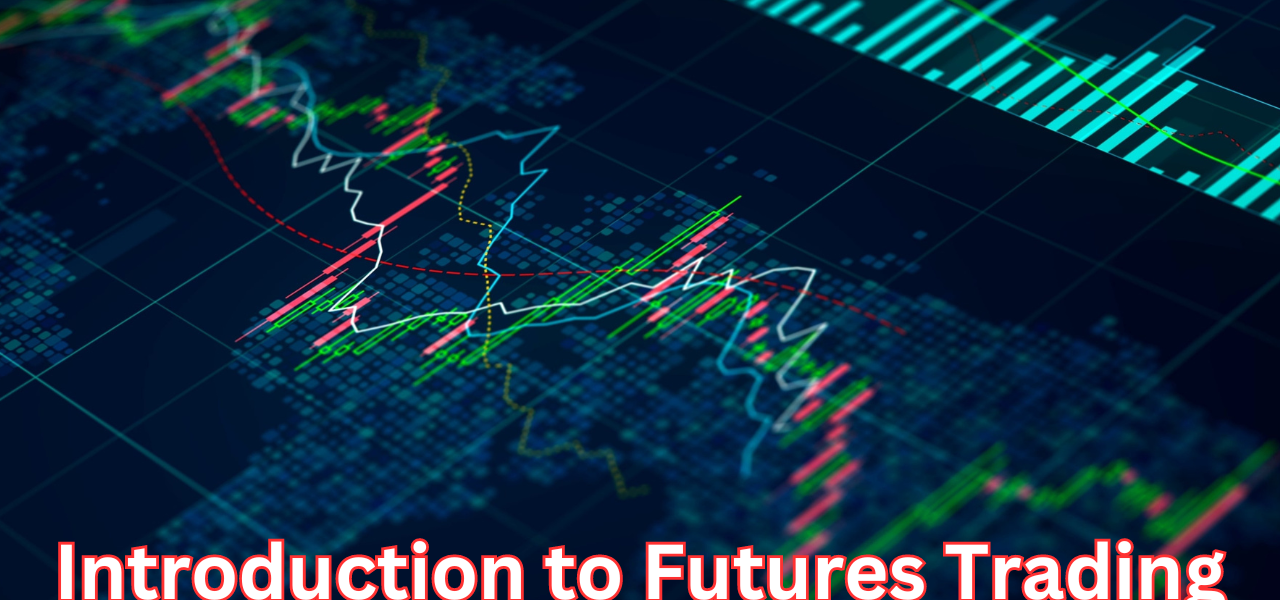Futures trading is a well-known platform or way for people to invest in various markets like commodities, currencies, and even stock indices. It is slightly like option trading It can be an exciting and potentially profitable activity, but it also comes with risks. This article guide you will give you a simple overview of what futures trading is, how it works, and what you should consider before getting started.
What is Futures Trading?
Futures trading is trading like trading stock on a technical basis that involves buying and selling contracts for a specific asset that will be delivered at a future date. These contracts are called “futures contracts.” When you buy a futures contract, you are agreeing to purchase a certain amount of an asset, like oil, gold, or wheat, at a set price on a specific date in the future. Similarly, when you sell a futures contract, you are agreeing to sell the asset at that future date and price.
Futures trading is often used by businesses to lock in prices for commodities they need in the future or by investors to speculate on price movements.
How Does Futures Trading Work?
Here’s a simple example to help explain how futures trading works:
- Agreeing on a Price: Imagine you’re a farmer who grows wheat. You expect to harvest wheat on a 500-acre land in three months, but you’re worried that the price of wheat might drop by then. To protect yourself, you can sell a futures contract today, agreeing to sell your wheat at a fixed price in three months. This way, no matter what happens to the price of wheat, you’ll receive the agreed-upon price of your contract when the contract is completed.
- Speculating on Prices: Now imagine you’re an investor who believes the price of wheat will rise in the next three months. You can buy a futures contract, agreeing to purchase a 500-acre production of wheat at today’s price, hoping that when the contract expires, the price of wheat will be higher. If the price does go up, you can sell the contract for a profit. If it goes down, you could lose money.
- Settling the Contract: Most futures contracts don’t involve delivering or receiving the physical asset. Instead, traders often settle contracts by paying or receiving the price difference. For example, if you bought a futures contract for wheat at $5 per acre production and the price rose to $6, you’d make $1 per acre in profit. Conversely, if the price dropped to $4, you’d lose $1 per acre.
Key Terms in Futures Trading
- Margin: This is the initial amount of money you need to deposit to enter a futures contract. It’s a small percentage of the contract’s total value, and it acts as a security deposit. For example, if you buy 1000 tons of wheat @ 700k dollars you will pay 10% of your total order.
- Leverage: Futures trading usually involves leverage, meaning you can control a large amount of the asset with a relatively small investment. But this can increase profits, it can also amplify losses.
- Expiration Date: This is the date on which the futures contract must be settled. Traders need to either close their position or prepare to fulfill the contract on this date.
- Hedging: Businesses frequently use future trading to protect themselves from price changes. This is known as hedging. For example, an airline like Emirates might buy futures contracts for fuel to lock in prices and avoid rising costs.
Risks and Benefits of Futures Trading
Benefits:
- Potential for High Returns: Because of leverage, futures trading can lead to significant profits with a relatively small investment.
- Diversification: Future trading allows investors to access markets they could not otherwise be able to, like commodities or foreign currencies.
- Hedging Against Risks: Businesses can use future trading to protect against price fluctuations in raw materials or other costs.
Risks:
- High Risk of Loss: Leverage can lead to notable losses if the market moves against you.
- Complexity: Futures trading can be complicated, requiring a good understanding of the market and how futures work.
- Market Volatility: Futures markets can be very volatile, leading to rapid price changes.
Getting Started with Futures Trading
If you’re interested in futures trading, it’s important to start with a solid understanding of the markets you want to trade in. Here are a few steps to get started:
- Learn the Basics: Before you start trading, make sure you understand how futures contracts work and the risks involved. The trader who is doing option trading in the stock market can enter the future trading.
- Choose a Broker: Find a reputable broker that offers futures trading and provides the tools and resources you need.
- Start Small: Begin with a small investment to minimize risk while you learn the market strategy
- Stay Informed: Keep up with market news and trends to make informed trading decisions.
Conclusion
Futures trading can be a powerful tool for investors and businesses alike, offering the potential for profits and protection against market fluctuations. However, it’s also a high-risk activity that requires a strong understanding of the markets and careful planning. If you’re considering getting into futures trading, take the time to educate yourself and start with caution.
